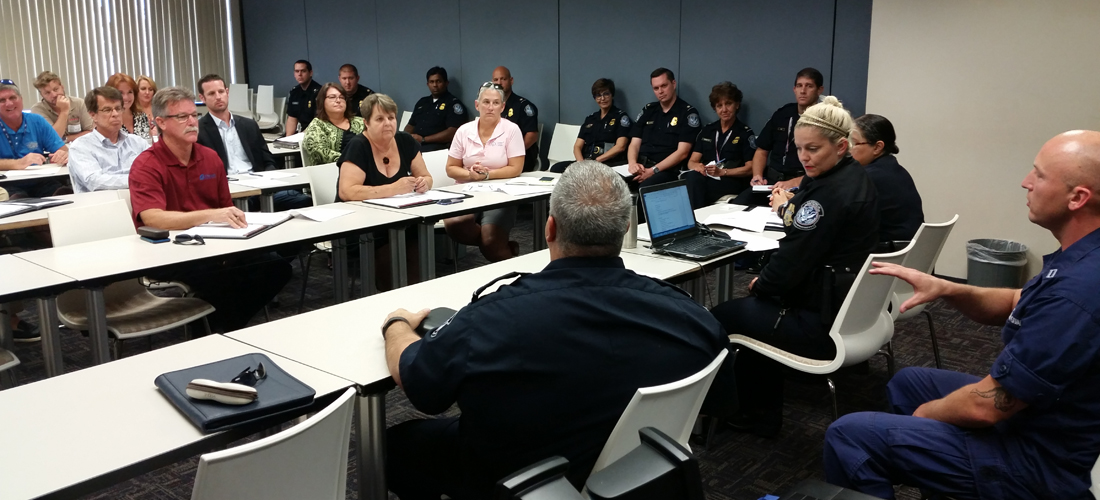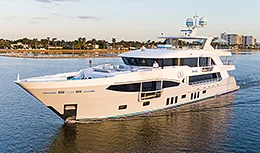- Alaskan Yachts
- Azimut Yachts
- Back Cove Yachts
- Beneteau Yachts
- Benetti Superyachts
- Bertram Yachts
- Boston Whaler
- Broward Yachts
- Buddy Davis Sportfish
- Burger Yachts
- Cabo Yachts
- Catamarans
- Carver Motoryachts
- Center Console
- Chris-Craft Yachts
- Cruisers Yachts
- DeFever Trawlers
- Dufour Sailboats
- Fairline Yachts
- Feadship Yachts
- Ferretti Yachts
- Formula Yachts
- Fountaine Pajot Cats
- Grady-White
- Grand Banks Trawlers
- Hargrave Yachts
- Hatteras Yachts
- Hinckley Picnic Boats
- Horizon Yachts
- Hydra-Sports
- Intrepid Boats
- Jarrett Bay Sportfish
- Jeanneau Yachts
- Kadey-Krogen Trawlers
- Lazzara Yachts
- Lekker Boats
- Luhrs Sportfish
- Marlow Yachts
- Maritimo Yachts
- Marquis Yachts
- McKinna Motoryachts
- Meridian Yachts
- Midnight Express
- MJM Yachts
- Mochi Craft
- Neptunus Motoryachts
- Nordhavn Trawlers
- Nordic Tugs
- Numarine Yachts
- Ocean Alexander Yachts
- Offshore Yachts
- Outer Reef
- Oyster Sailing Yachts
- Pacific Mariner Yachts
- Palmer Johnson Yachts
Cruising While For Sale: What You Need to Know
July 8, 2016 10:44 am
Stakeholders from the yachting industry held a meeting this week with U.S Customs and Border Protection to discuss recent rule changes that could affect people trying to sell their boats.
CBP’s new policy says any foreign-flagged yacht engaged in “trade,” meaning arriving for repair or refit or offered for sale or charter, is engaged in “trade” and therefore not eligible for a cruising license.
Industry attendees from the Florida Yacht Brokers Association, Marine Industries Association of South Florida and U.S. Superyacht Association were quick to point out the impediment to commerce in Florida and ultimately the industry nationwide.

“It doesn’t matter if boat is duty paid, not for sale to U.S. residents, not for charter. None of those things matter to CBP at the moment,” said Jeff Erdmann, a broker in Denison’s Fort Lauderdale office who is on the FYBA’s Public Affairs Committee . “This is a big change from the past 27 years. It’s remarkably different.”
FYBA, with over 60 industry supporters, has been working on a solution to encourage Congress to fix the law to offer foreign flagged boats for sale to U.S. residents while in U.S. waters. H.R. 4065 allows yachts with a cruising license to be offered for sale deferring the payment of duty/importation to the closing. This will encourage more foreign flagged yachts to visit and do business in the U.S. and increase revenue, creating thousands of well-paying jobs at no cost to U.S. taxpayers. Passage would fix the current problem.
FYBA as well as other industry organizations are putting together comments in response to the new policy. CBP representatives said they are open to questions and comments, which will be discussed with CBP legal counsel on July 25. After that, a final interpretation this policy will be rolled out nationwide.
“Hopefully we can get them to back down,” Erdmann said.
“There are rulings in place that we can cite that support why they should not take the positions they are,” Erdmann said. “There’s scenarios that they don’t even know the answers to the questions. For example, what does “engaged in trade” mean? Buying fuel, paying for a marina slip, goods/services, groceries, etc. – according to the definition, that means it’s engaged in trade. If you simply offer it for sale, it can be argued it’s not engaged in trade, it’s not engaged until somebody accepts the offer.”
For more information, contact Jeff Erdmann at JE@denisonyachtsales.com or call him at work at 954.494.4320 or on his cell at 954.763.3971.










